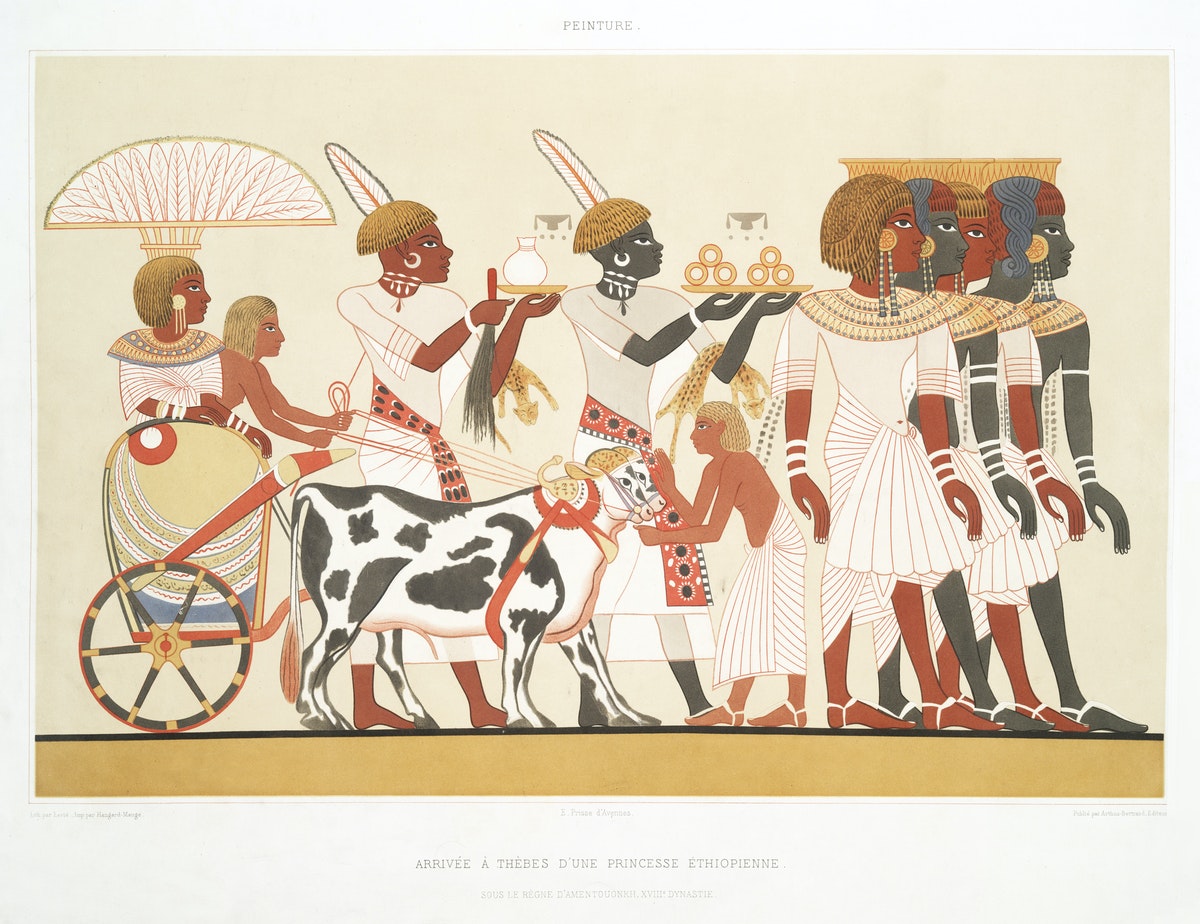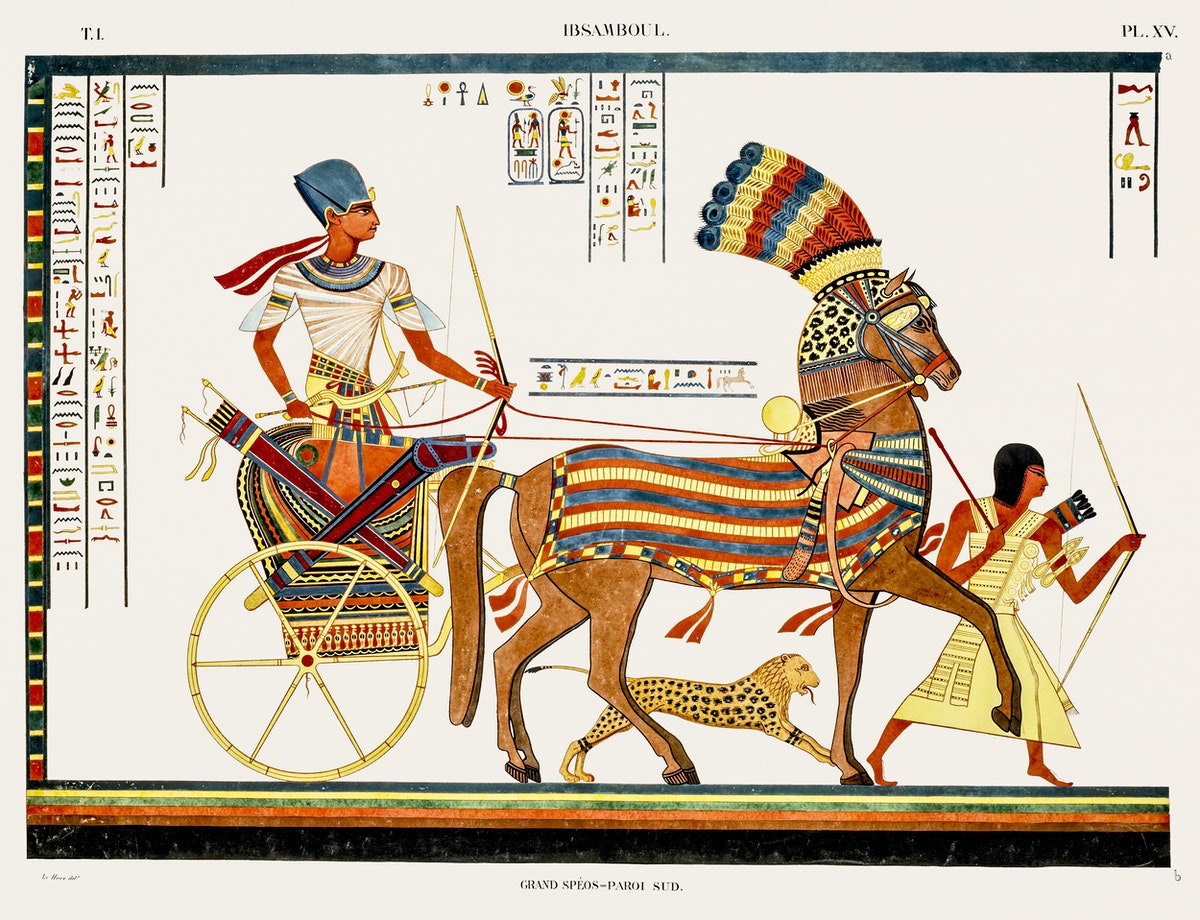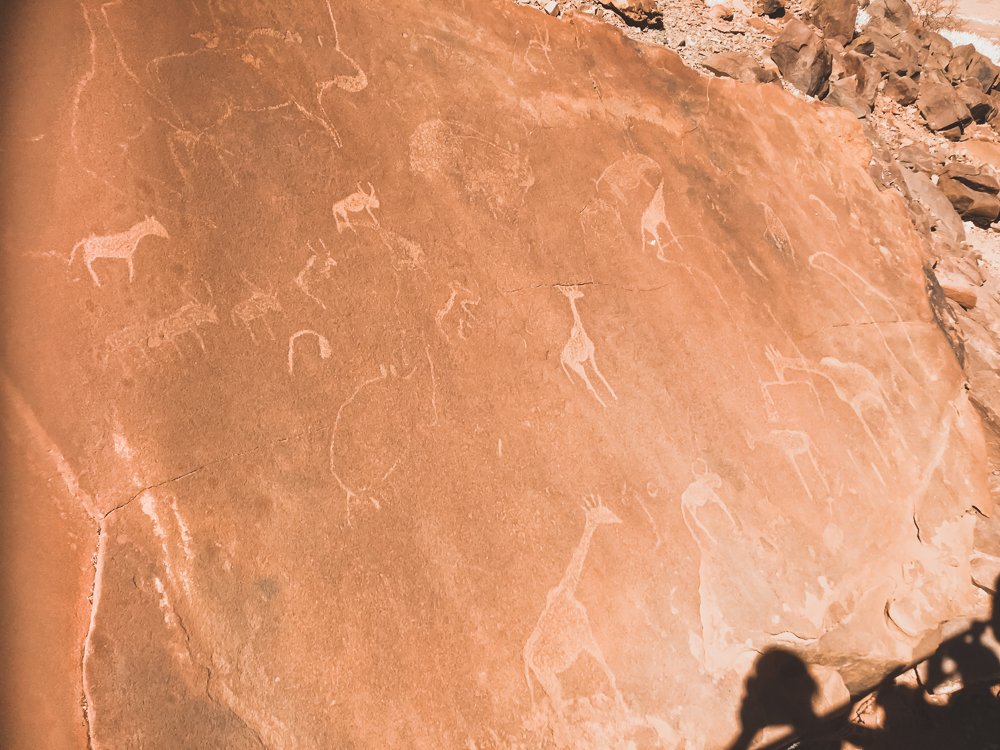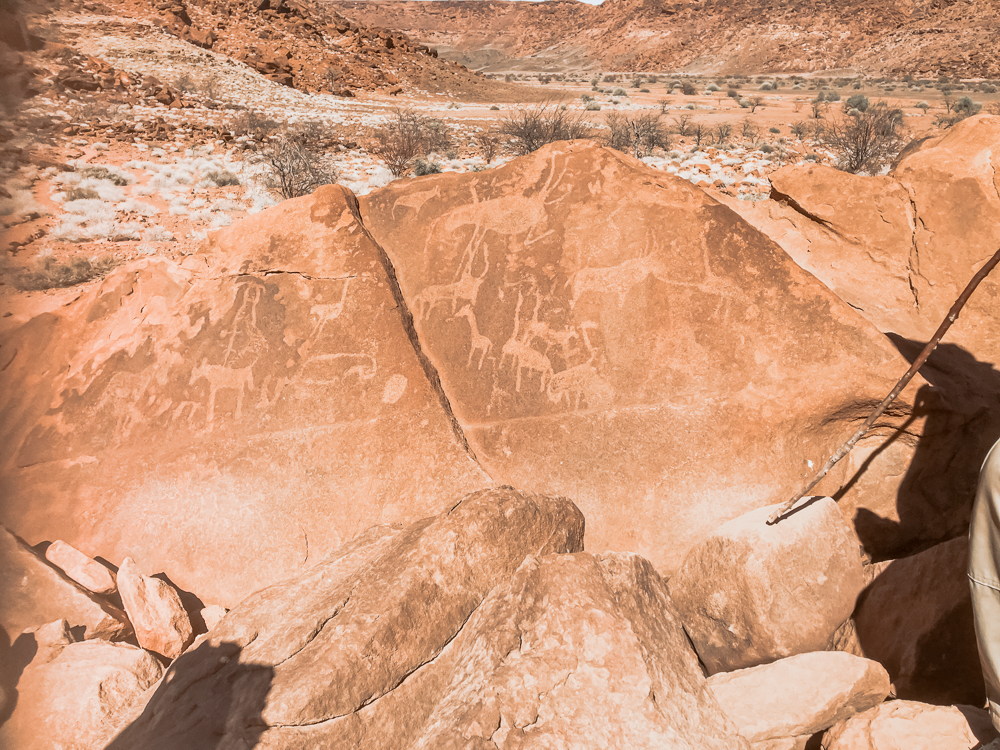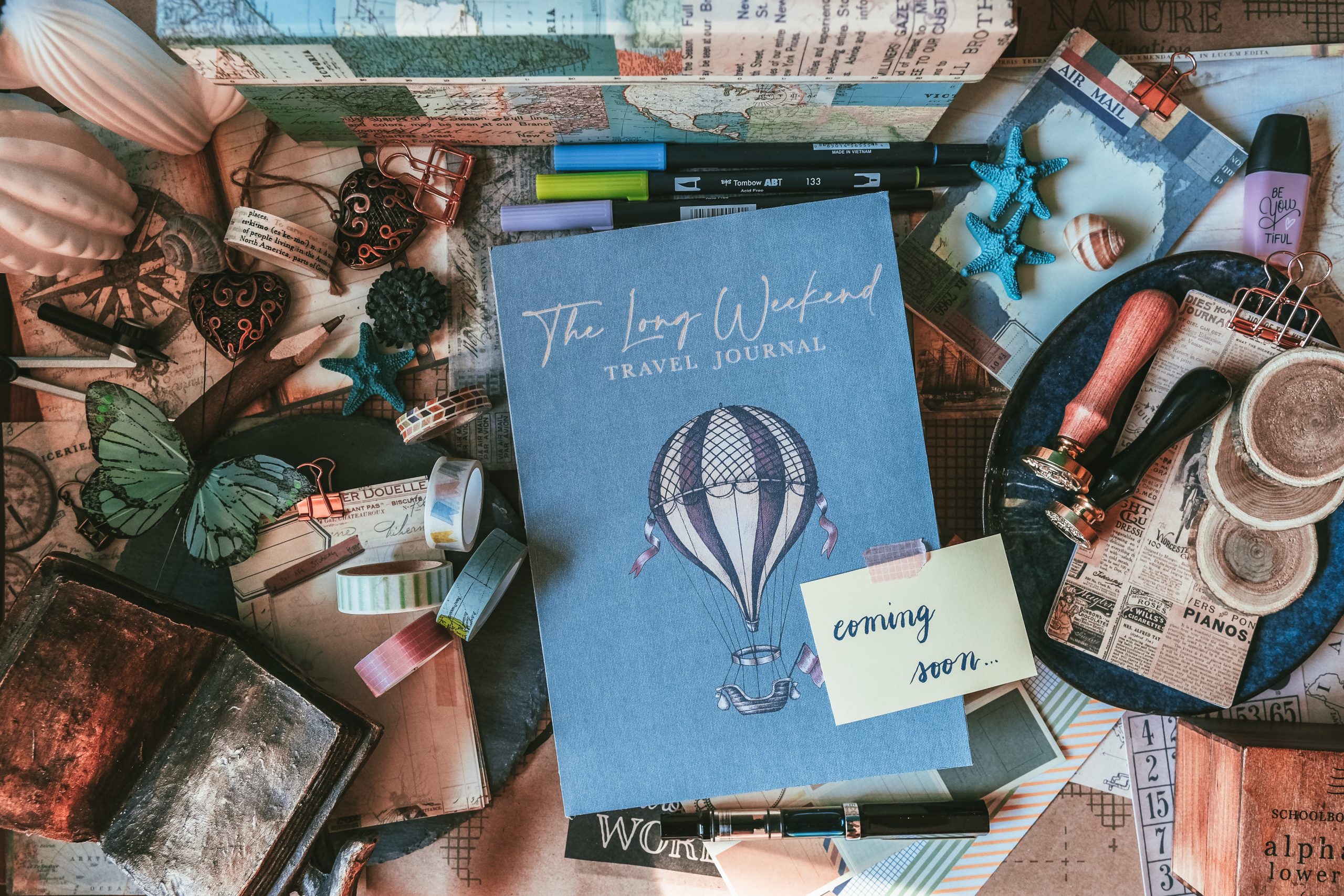
Journaling is a written record of our thoughts, feelings, actions and experiences. In a sense, the art of journaling is an ancient practice. The interior walls of the pyramids at Giza are filled with written records and depictions of what life was like in Ancient Egypt, from drawings of farmers and carpenters to detailed accounts of ritual practices. The rock engravings at Twyfelfontein in Namibia show images of animals, humans and fantasy creatures, as well as pictograms of geometric rock art. Interestingly, it also depicts animals, such as sea lions, which indicates that the ancient traveler must have travelled more than 100 kilometers to the coast. The engravings are believed to serve as record for the people’s experiences and ritual world, as well as to serve as guide for other hunter-gatherers. Even in olden times, humans felt the need to document their experiences, thoughts, aspects of their daily life and their cultures, and share this information with others. In more recent times, the journaling efforts of the likes of Marco Polo, Leonardo da Vinci, Marie Curie, Charles Darwin, Meriwether Lewis and William Clark, have shed light on various parts of human history. Especially the journals of travelers and explorers have provided historians with insights to put various time periods into a historic perspective
Ancient Egyptian drawings in Egypt and engravings in Twyfelfontein, Namibia showcase humanity's innate desire to document their thoughts and experiences.
Ever since the dawn of time, humans have had the urge to explore the world in the name of trade, conquest or exploration. But regardless of the reason, it all started with a seed of curiosity – the desire to find out what lies beyond the borders of the known.
The Long Weekend Travel Journal draws inspiration from these two ancient human activities that have been embedded in our consciousness for thousands of years. There is a traveler in all of us, and even if it may not seem so, there is also a “journaler” in all of us. Each of the 24 chapters in the book feature curated information, stories, imageries and insights that provide an informative, and more so inspirational glimpse into some of the most beautiful places around the world. The Long Weekend is not meant to be seen as a classical travel guide but rather, as a travel companion. Instead of focusing on information that can easily be found on your own, the book is a mix of practical information and information that aim to provide a more holistic picture of the destination and its people. In this way, a destination can be appreciated in a deeper context and not for its mere face value.
At the end of each chapter, you will find empty journal pages, where you can journal down your own experiences and memories in each place. Whether you decide to use the pages to plot your itineraries or use the space for your personal photos and experiences, it is sure to be a meaningful travel companion throughout your journeys. The Long Weekend is therefore a personal, interactive piece – a living, breathing organism that you can fill with your own personal words, memories and photographs, making every copy ever bought a unique and singular work of art.


